Diarrhea is loose stool in dogs. It can occur at any age and have a variety of causes. Every dog has diarrhea from time to time. If the dog has diarrhea, that in itself is not a concern. This is the body's way of getting rid of foreign substances and other things. In many cases, the dog's body will resolve the diarrhea on its own....
We distinguish two types of diarrhea. First, there is acute diarrhea, which lasts less than seven to 10 days. Then there is chronic diarrhea, which lasts longer than seven to 10 days or recurs regularly. Young animals and older animals with less resistance are more likely to suffer from diarrhea.
What are the causes of diarrhea?
Diarrhea in dogs can have many different causes. Common causes are:
-
Wrong feeding
-
change in diet
-
Food allergy or hypersensitivity
-
viral infection
-
inflammation of the intestine
-
taking medication
-
worms
-
Giardia (intestinal parasites)
-
stress
What are the symptoms of diarrhea?
When the dog suffers from diarrhea, he is very restless. Among other things, he runs around, doesn't know where to lie down and occasionally drools because he's nauseous. The dog can also become nervous and anxious.
With exercise, the dog may pass small amounts of loose stools, sometimes with mucus and/or blood. The dog often keeps trying to defecate because the feeling of the urge persists. It also happens that the dog farts a lot, you can hear bubbling in the stomach and the dog wants to go outside much more often.
When should I go to the vet?
If the pet not only has diarrhea but also appears generally ill or is vomiting, it is always advisable to see a veterinarian. A vet should also be seen if the pet is young or old, if it is dehydrated, or if the diarrhea has lasted for more than three days.
Blood in the stool is often a sign of infection or bleeding. Even then, it is important to consult a veterinarian.
How is diarrhea treated?
Treatment for diarrhea depends on the cause. Once the cause is known, a treatment will be devised. Giardia is usually treated with drugs such as Metrazol or Panacur. In the case of giardia, the other pets are also treated. As a rule, the diarrhea passes, but it also happens that the diarrhea persists.
Sometimes it happens that people administer medicines for humans to dogs. However, a dog does not tolerate certain medications very well and the side effects vary. One option dogs can be given is the drug Imodium. Imodium can be effective at a dose of 0.08 mg/kg, which can be administered every six hours. Care should be taken with this, however, as it is a narcotic that can cause neurological side effects in small dogs and dogs that are (partially) Collies, among others. One can also opt to give the dog an anti-diarrheal medication, these are available specifically for dogs.
Some changes should also be made in the diet, for example the normal diet should be interrupted if the animal has diarrhea. On the first day the animal has diarrhea, it is not given any food. However, it is necessary for the animal to drink as well, since diarrhea is often associated with a high loss of fluids. It often helps if the dog drinks rice water.
On the second day, the dog is allowed to eat a small amount of solid food. It is advisable to give the dog easily digestible food, e.g. B. rice or chicken. However, it is important to spread this food over several servings per day.
On the following days, the amount can slowly be increased back to the normal amount.
What is the prognosis for diarrhea?
Acute diarrhea is often caused by a viral infection. In puppies, it often occurs due to a change in diet. An underlying disease can also be the cause, e.g. B. Parvo and Giardia.
How can it be prevented?
The most common cause of diarrhea is a change in diet. Diarrhea can be prevented by mixing the new food with the old food for at least a week (or two weeks). This allows the animal to slowly get used to the new food. This reduces the risk of diarrhea.
With puppies, it is important to leave them with their mother for long enough. Change of environment, different food, and distance from the litter and mother can also play a role in causing diarrhea. A good breeder will also often give the puppy some food to take home for the first few days to get them used to it. That way he can get used to the environment first and not all the changes are made at once.
It is important that the dogs are dewormed in good time. It is often recommended to deworm the dog about four times a year. It is also important that the animals are vaccinated against the most common viruses.
This text was translated by a translation machine
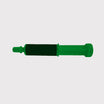 Horse Pharmacy
Horse Pharmacy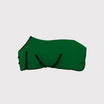 Rugs
Rugs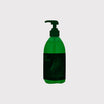 Care
Care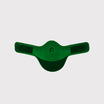 Saddle and Attachments
Saddle and Attachments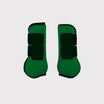 Leg Protection
Leg Protection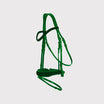 Bridles
Bridles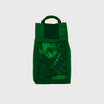 Feed
Feed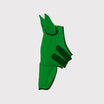 Fly Masks
Fly Masks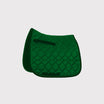 Saddle Pads
Saddle Pads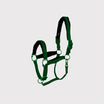 Headcollars and Ropes
Headcollars and Ropes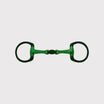 Bits
Bits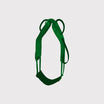 Other Disciplines
Other Disciplines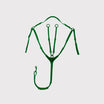 Reins and Auxiliary Reins
Reins and Auxiliary Reins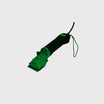 Clipping
Clipping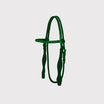 Western
Western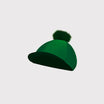 Eventing
Eventing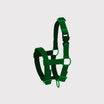 Foals
Foals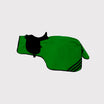 Reflection
Reflection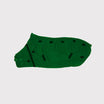 Therapy Products
Therapy Products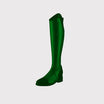 Boots and Shoes
Boots and Shoes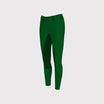 Breeches and Belts
Breeches and Belts Tops
Tops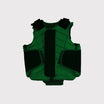 Safety
Safety Competition
Competition Heated Clothing
Heated Clothing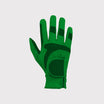 Gloves
Gloves Socks
Socks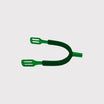 Spurs and Attachments
Spurs and Attachments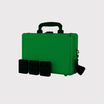 Technology
Technology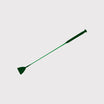 Whips
Whips Gifts
Gifts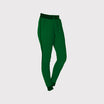 Casual Wear
Casual Wear Underwear
Underwear Rider Pharmacy
Rider Pharmacy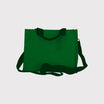 Bags
Bags Books
Books Laundry supplies
Laundry supplies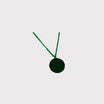 Jewelry
Jewelry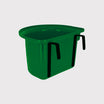 Feed and Waterbowls
Feed and Waterbowls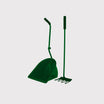 Equipment
Equipment Tack Room
Tack Room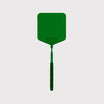 Pest Control
Pest Control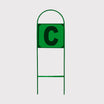 Arena
Arena Horse Toys
Horse Toys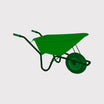 Wheelbarrows
Wheelbarrows Yard
Yard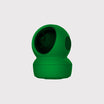 Surveillance
Surveillance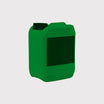 Disinfect
Disinfect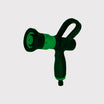 Washing Area
Washing Area Lighting
Lighting Horse Pasture
Horse Pasture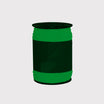 Current Conductors
Current Conductors Pole
Pole Insulators
Insulators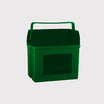 Energisers
Energisers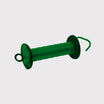 Gate Handles
Gate Handles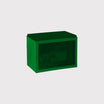 Batteries and Accumulator
Batteries and Accumulator Nets
Nets Grounding
Grounding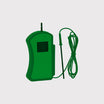 Tools
Tools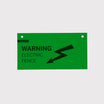 Fencing Security
Fencing Security Wolf Defense
Wolf Defense Fencing Sets
Fencing Sets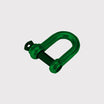 Fence locks
Fence locks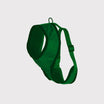 Dogs
Dogs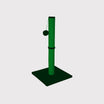 Cats
Cats Rodents
Rodents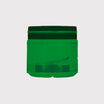 Dogs Pharmacy
Dogs Pharmacy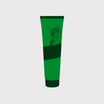 Cats Pharmacy
Cats Pharmacy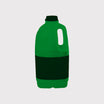 Rodents Pharmacy
Rodents Pharmacy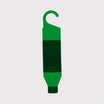 Cattle Pharmacy
Cattle Pharmacy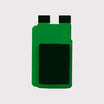 Poultry Pharmacy
Poultry Pharmacy Veterinary Supplies
Veterinary Supplies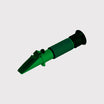 Cattle
Cattle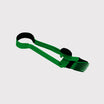 Sheep and Goats
Sheep and Goats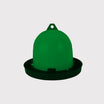 Poultry
Poultry Heat Lamps
Heat Lamps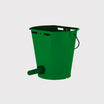 Calves
Calves Marking
Marking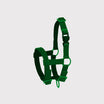 Halters
Halters